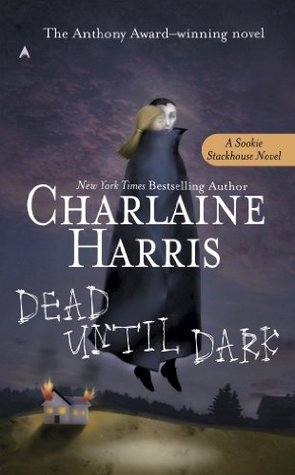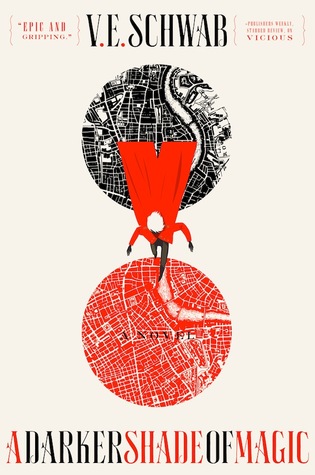This week I decided to read Boy21 by Matthew Quick for my Book With A Number In The Title challenge, but what I had forgotten was that back in 2014, I had chosen Brave New World for my Banned Book challenge. And as it turns out, Brave New World was this week's assignment for my Secondary Worlds course! So the week that I dropped will be rectified now.
Boy21 was an oddity for me, even more than All The Bright Places (gah, that title). For one thing, not only is it a contemporary fiction thing with an undoubtedly "quirky" premise (boy with problems makes friends with another boy with even worse problems), it takes place against a solid backdrop of sports. Gasps from the audience.
But I'd seen good reviews (not like there aren't good reviews for Paper Towns, Collin, geez), and I'm always up for a good bromance, so I tried it.
In short, it was good. It wasn't anything particularly groundbreaking, though it easily could have been. It could have been anything, and therein, I believe, lies its problem. It could have been anything and it couldn't decide what. A black/white racial critique? A black/Irish critique? A friendship story? A mob story? A psychological story? A romance? A coming-of-age?
And there's nothing at all wrong with trying to tackle more than one of these issues, even all of them. Boy21 had huge potential, and I think Quick could have done a lot with it if he had expanded the story by 150 or 200 pages. As it is, it's a very slim, large-printed book of 250 pages (50,000 words, perhaps) and it just doesn't get into anything very deeply.
The titular character, Boy21 (or Russ), alone has so much potential - murdered parents, an obsession with space, the insistence that he's from "the cosmos," his relationship with the narrator, Finley. But none of it is ever explored. It's just explained. Same with Finley's backstory; his issues are narrated mostly through voiceover and exposition, all at the very end of the story. His relationship with Erin is even more truncated; all of the relationships are, really. And so are the social issues - the racial and ethnic tensions, the urban commentary, the educational/sports problems. These things are introduced and then never quite developed.
It ends as obscurely as it begins, but less satisfactorily. It's enjoyable, and it's not that Quick can't write. The plot progression was just... less than stellar. Or maybe I was just expecting too much. As it is, Boy21 felt like a fragment more than a fully-realized story.
I have to get the positive out of the way first, though. It's an incredibly balanced viewpoint. What you get out of dystopias now - the subgenre of "white girl saves the world" stories - tend to have very firm ideas on What Society Should Be. And that's all well and good, but it makes dystopia lean more towards fantasy than social commentary, which seems to be how dystopia started. And I have to say that while I find absolutely no problem with genres changing and shifting over time according to what the authors want to write, I think I like the complexities of Brave New World over the more cut-and-dry worlds of whatever "stick it to the Man" stories end up on Books-a-Million front shelves.
And anyway, Alpha-Pluses are an absolute dream after mother-hugging Dauntless (excuse my French).
There are no good guys in Brave New World. John is set up as one but even he can't resist the effects of conditioning, even if his conditioning was self-inflicted and "alternative." Even Shakespeare (may he rest in highest peace) is not suitable for basing a morality system upon. Anyway, with no good guys, it's hard to say where Brave New World comes to in the end.
It's really a system that, as my lit professor said at the end of the class, is hard to object to, once you're in it. And that really makes it infinitely more terrifying than any Capitol or whoever the fudge was in charge of Chicago or any of the vaguely American hotspots in White Girl Saves The World stories.
I didn't like Brave New World. But I was impressed by it. It's a hard story to ignore. When you have a story where there are no good alternatives, just as there are no good characters, it makes you think a bit harder.




